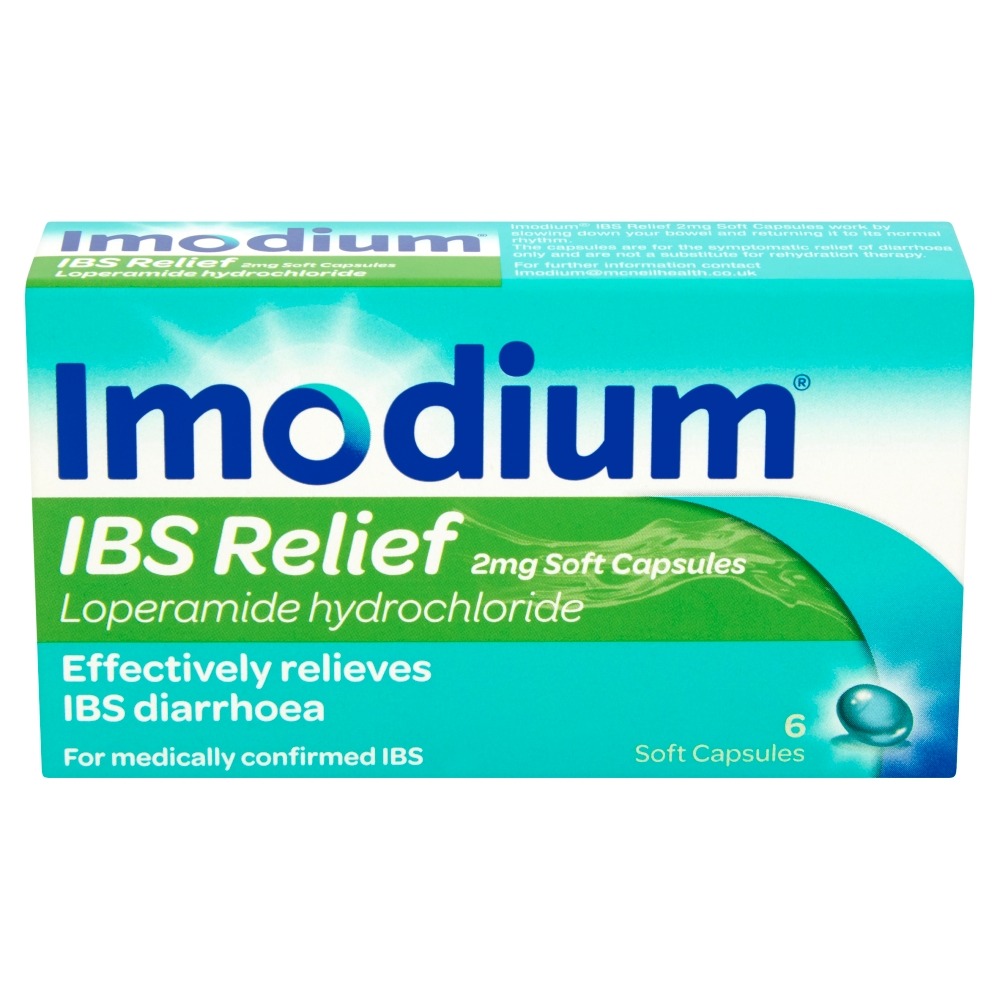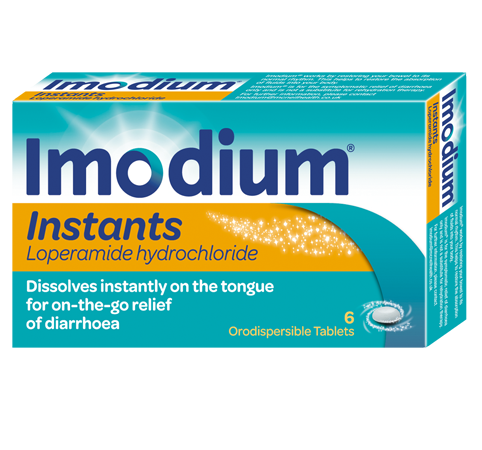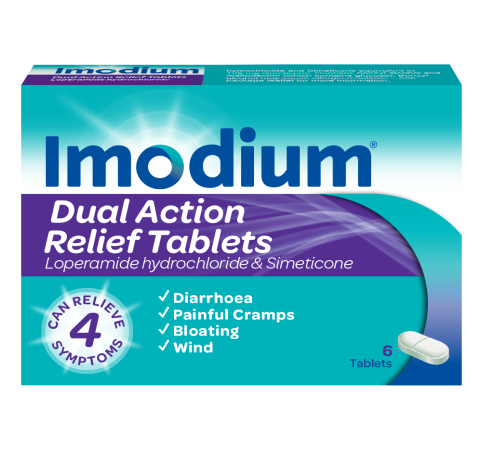
Many women suffer from symptoms of diarrhoea during their period. But it doesn’t have to be accepted as just a normal part of the monthly cycle. There are things you can do to alleviate the discomfort so you can feel confident and in control.
Quick Links
Why do I get diarrhoea during my period?.
Other ways to relieve symptoms.
It’s perfectly normal to experience diarrhoea with your period – with abdominal pain and diarrhoea being two of the most common period-related gastrointestinal symptoms . But you don’t need to accept it as just a regular part of your monthly cycle. There are things you can do to alleviate the discomfort of period diarrhoea so you can feel confident and in control.
Periods and diarrhoea
Experiencing periods and diarrhoea together is very common. About one in three women who do not otherwise have bowel complaints suffer from diarrhoea when they menstruate .
Why do I get diarrhoea when I’m on my period?
The exact link between your period and diarrhoea isn’t yet known, but some experts believe it’s down to an increased release of hormones called prostaglandins and a drop in progesterone levels before your period .
The prostaglandins can contract smooth muscle tissues as menstruation starts to help your uterus shed its lining. But this – along with the falling progesterone levels – is thought to lead to a range of GI symptoms, including diarrhoea with your period .
While an increase in prostaglandins can trigger stomach cramps and bowel movements, the drop in progesterone also increases bowel contractions, which can mean food passes through your system faster than normal .
You may experience other GI symptoms including :
- Abdominal pain
- Bloating
- Nausea
- Constipation
- Pelvic pain
If you suffer from Irritable Bowel Syndrome (IBS) you may be more likely to experience an increase in IBS symptoms, including diarrhoea, while on your period. Part of the reason for this is likely an increased sensitivity of the gut.
Further potential causes of diarrhoea while on your period can include:
- Stress levels and anxiety – these can make period pain and diarrhoea worse.
- Diet changes brought on by potential cravings during menstruation – especially eating fatty and spicy foods.
How to treat diarrhoea during your period
You can treat diarrhoea during or after menstruation in the same way you would tackle any other case of diarrhoea. Without any treatment it should clear up on its own once your hormone levels return to normal.
If your diarrhoea causes you discomfort or inconvenience that mean you may have to put your plans on hold, there are ways you can try to relieve the symptoms.
IMODIUM® works in harmony with your body to help restore its natural rhythm, gently slowing digestion back down to a normal pace. Do not take Imodium for more than 48 hours. If your diarrhoea continues for longer than this, stop taking Imodium and speak to your doctor. Do not start taking Imodium if you have already had diarrhoea for 48 hours without talking to your doctor first.
If you experience significant pain or your normal pattern of periods changes speak to your doctor as it may be a sign of a more serious condition.
Other ways to help relieve the effects of period diarrhoea
Alongside taking IMODIUM® to relieve diarrhoea during a period, there are other things you can try to help alleviate your symptoms.
If you know certain foods disrupt your stomach and digestive system, you could try avoiding them. However, it‘s still important to maintain a balanced diet by replacing trigger foods with alternatives.
If you’re not sure whether any specific food or drinks cause you stomach upset, you can try avoiding things that can typically make diarrhoea worse, such as:
- Foods and drinks with a high sugar content – Sugars, especially fructose found in fruits and added to fruit-flavoured drinks, sweets and other foods, can stimulate your gut to excrete water and electrolytes, loosening bowel movements .
- Dairy products – Many people are lactose intolerant and struggle to digest lactose, which is found in dairy foods like cheese, milk and butter, and this can trigger diarrhoea . Speak to your GP if you think you may be lactose intolerant.
- Caffeine – Your digestive system speeds up when you drink caffeine, so you could be increasing the chance of diarrhoea if you drink a lot of coffee, tea and sugary drinks filled with caffeine .
- Spicy food – The capsaicin found in many spices can irritate your stomach lining during digestion and cause diarrhoea .
- Fried and fatty food – Fried and fatty foods can be difficult to digest, meaning they’re not absorbed properly and turn into fatty acids instead, causing your colon to secrete fluids .
There are plenty of things you can still eat when experiencing diarrhoea during your period. In fact, what and how you eat can also help relieve the effects. Here are some tips that may help:
- Drink plenty of water – Diarrhoea can cause dehydration, so drinking enough water will help to replace lost fluids. .
- Replace electrolytes – Along with fluids, your body loses electrolytes such as potassium when you have diarrhoea. Oral rehydration salts are the most effective at replacing all essential lost fluids and electrolytes, helping prevent dehydration caused by diarrhoea. Speak to your pharmacist who may recommend rehydration salts .
- Consume foods with probiotics – Commonly found in certain yoghurts, these bacteria may help your digestive tract maintain a healthy balance . Always ensure you maintain a balanced diet.
- Eat smaller meals and more frequently – This can make everything easier to digest compared with consuming large, heavy dishes in one go .
- Focus on soluble fibre – Foods rich in soluble fibre absorb water and add bulk to stools. Examples include oats and apples .
Explore further treatments for diarrhoea.
What to do if you’re worried about diarrhoea during your period
Getting diarrhoea with your period is extremely common and completely normal . But there are lots of things you can do to try and relieve the discomfort and inconvenience it can cause.
Diarrhoea during a period is usually nothing to worry about and it should pass within a few days . You can also speak to your pharmacist about oral rehydration salts. Plus, you can treat it with IMODIUM® and by making some changes to your diet and eating habits.
You should contact your GP or call NHS 24 hour 111 if you're concerned. See your GP if you have experienced diarrhoea for longer than two days or you're experiencing particularly frequent, severe or persistent diarrhoea, or if your diarrhoea is associated with other symptoms such as fever and dark or bloody stools.
IMODIUM® Dual Action Tablets not only helps stop diarrhoea, but also soothe painful cramps, bloating and wind.
Where to buy IMODIUM®
It’s easy to find IMODIUM® in supermarkets, chemists and many other shops. You don't need a prescription, so you can buy it over the counter as well as online.





